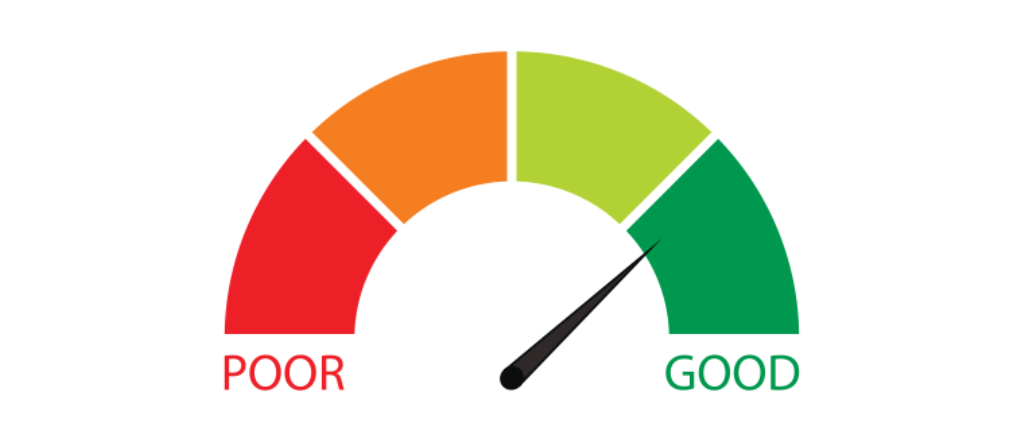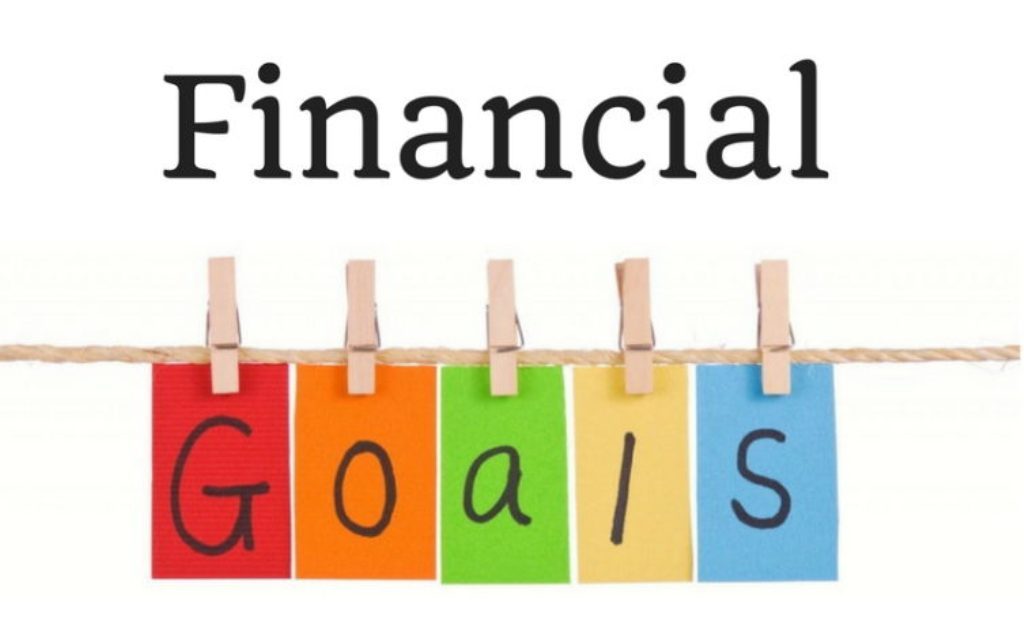Is it fair to say that many of us feel somewhat let down by our school education when it comes to attaining life-ready skills? If recent data is anything to go by, the answer is yes.
A recent survey revealed that two thirds of Brits received no financial education whatsoever at school, with nearly half wishing they’d had opportunity to learn more. Turning a blind eye to core financial skills in school has led to some eye-opening statistics. For example, while 38 million of us own a credit card, over a third don’t truly understand the meaning of APR, while a quarter of the population aren’t certain on the meaning of inflation.
With basic financial literacy an essential facet of modern life, it makes a lot of sense to be teaching these elements of financial education as standard. Here are just five areas of day-to-day finance that you probably wish you’d known about earlier in life.
What a credit score is and how they work
When did you first find out about credit scores and how they affected you? After university? In your mid-twenties? When you came to get your first credit card?

For plenty of people, discovering their credit score will have been a matter of too little, too late. Perhaps they’d racked up student loan debt, spent too long in their overdraft or managed some debt poorly, but only found out how that affected them when it came to apply for a mortgage.
If the importance of credit scores, how to avoid damaging them and how to build them up was taught in schools, it would probably inspire a lot of people to be more careful with their money in early adulthood.
Saving for retirement is important
Pensions aren’t something you want to think too much on as a young adult. After all, retirement is about half a century away – so why worry about it now?
The problem is that many people might not understand that simple enrolling on a minimum pension contribution won’t equate to a reasonable amount of money to live off in the future. It’s tough to put extra money to one side for your retirement fund, especially in the early days of earning, but doing so will pay dividends in the future.
The retirement age might be creeping up, but we should be taught that saving early is essential for the sake of your future.
Tracking your spending can save you an awful lot of money
Even if you think you live to a tight budget, there’s probably a lot of room for improvement if you’ve never officially reviewed your spending. Taking some time to review your spending over the last few months can help you highlight simple cost-cutting areas, which often equate to a decent cash saving. Not only that, but you can also bring money back in from a critical review of your direct debits, cancelling no longer used subscriptions and the like.
Tracking your spending and budgeting is a fairly simple, but very effective process once you know what you’re doing with it. If basic budgeting was part of the curriculum, a lot more of us would have better spending habits now.
Understand what you’re getting into with credit cards, loans and the dreaded debt cycle
Credit cards and loans can offer effective short term cashflow solutions, build your credit score and help you achieve some of life’s bigger purchases – when used properly. The problem is many people get their hands on a credit card long before they know the potential pros and, more importantly, cons of using one.
Without a sense of financial discipline, it’s easy to spend happy on your credit and lumber yourself with a bill you can afford come the end of the month. Then what do you do? Get another credit to pay off that one? Take out a loan to cover your more immediate debts? Either way, you can get yourself into a cycle of debt that can be very difficult to get out of.
If we knew the benefits and perils well of credit cards before we got them, the UK might not find itself in £72.5 billion of debt.
Set financial goals

Finally, personal finance is a lot easier when it’s built around a set of goals – short, mid and long-term targets that will help you keep a structure and purpose to what you’re doing with your money.
Whether that’s a five-year plan to get on the property ladder or just an aim to have £100 left over come the end of the month, regimenting your behaviour around targets that matter to you will help you keep motivated and financially disciplined.
Again, it’s fairly easy once you know what you’re doing. Many of us just could have done with knowing about it earlier – just like everything else on this list.




